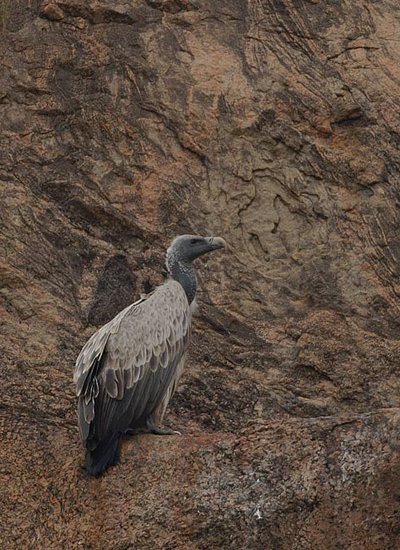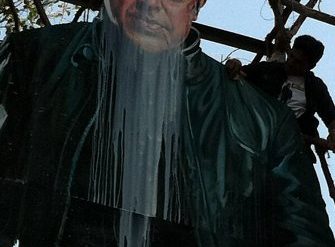
The research paper, “Aceclofenac as a Potential Threat to Critically Endangered vultures in India: A Review”, by bird researcher Pradeep Sharma of the Rajasthan University of Veterinary and Animal Science, Bikaner, has been published in the Journal of Raptor Research, according to the Bombay Natural History Society (BNHS).
Reviewing the adverse impact of aceclofenac, Sharma has argued that it bears “a close structure and pharmacological resemblance to diclofenac”, which has been banned.
Overwhelming empirical evidence on the lethal effects of diclofenac painkiller led to its ban.
Even as the BNHS and Britain’s Royal Society for the Protection of Birds have been making efforts to save the vulture, the pharmaceutical company has silently introduced aceclofenac as a veterinary painkiller.
According to Sharma, aceclofenac is a derivative of the banned diclofenac and gets metabolized into the same (diclofenac) in cattle.
“A study demonstrating in vivo conversion of aceclofenac into diclofenac in cattle is important. Once proven, it will establish the exposure of vultures to diclofenac,” Sharma has urged.
In fact, he has warned against even safety on vultures testing of this drug as its threat to vultures is already clear.
Sharma’s research paper has stressed the importance of drafting a comprehensive environmental evaluation of all veterinary drugs by subjecting them to safety testing before licenses are granted to them.
Elaborating on the veterinary pain killers being administered haphazardly, Sharma emphasized the need to focus on the molecular structures of drugs which, despite being in the grey area in regard to the toxicity, have managed to sneak in without safety trials.
BNHS Director Asad Rahmani said: “In order to create a safe natural environment for vultures in South Asia, banning the unsafe drugs and safety testing of other potentially toxic drugs should be a priority.”
In a recent symposium in New Delhi on pain killers being administered to livestock, four governments of South Asian countries arrived at a consensus on the importance to create and maintain a non-toxic environment for vultures, by identifying and preventing the veterinary use of other unsafe veterinary drugs with similar toxicity as diclofenac, Rahmani said.
-Quaid Najmi/IANS
The opinions, beliefs and viewpoints expressed by authors, news service providers on this page do not necessarily reflect the opinions, beliefs and viewpoints of Hill Post. Any views or opinions are not intended to malign any religion, ethnic group, club, organization, company, or individual.
Hill Post makes no representations as to the accuracy or completeness of any information on this site page.


